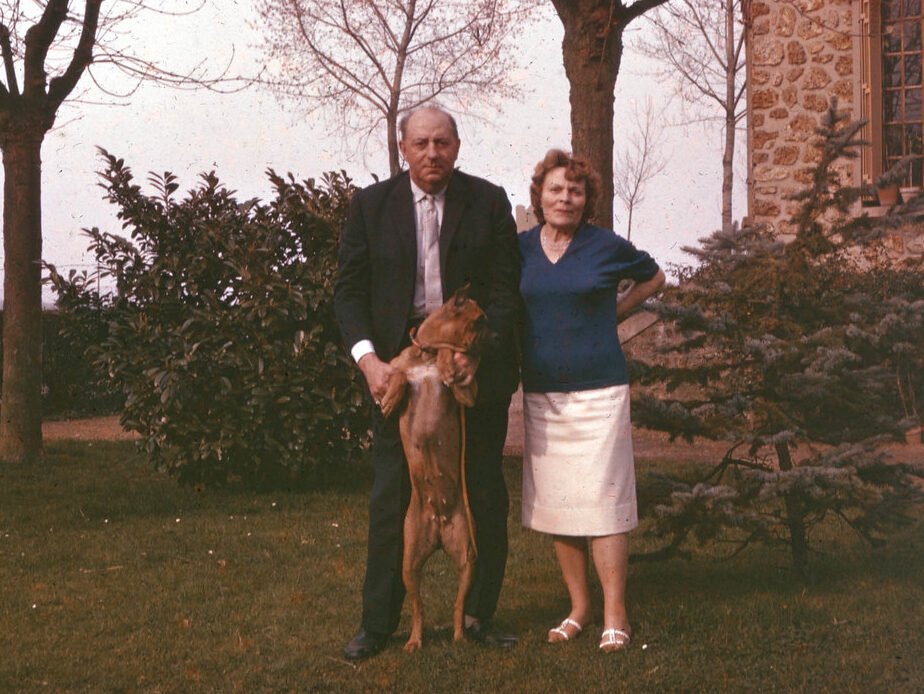
Love today looks different in many ways, but past generations had their own wisdom about relationships that still matters. While not everything from the old days should come back, some of their values and habits built stronger connections and longer-lasting bonds. They understood things about commitment, respect, and care that often get lost in modern dating. Here are 15 things past generations truly got right about love.
Taking Time to Truly Know Each Other
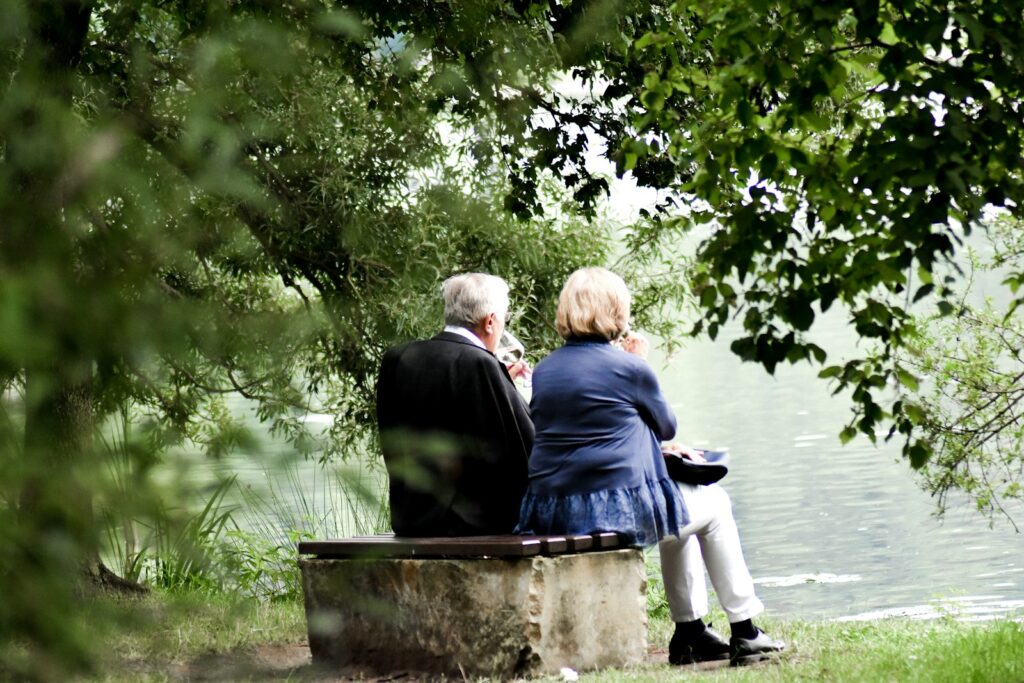
People didn’t rush into relationships the way many do now. They took their time talking, meeting up, or writing letters, and that gave them space to learn about each other’s values. Love wasn’t only about quick sparks—it was about building trust step by step. That slower pace made relationships pretty strong because people knew who they were choosing to spend their life with.
Valuing Commitment Over Convenience

Commitment meant a lot more back then. Once people made a promise, they tried very hard to stick with it. Marriage or long-term love wasn’t about running away when things got tough. It was about working together and finding a solution. That mindset kept relationships from breaking too easily, and it reminded couples that love is something you protect (not something you quit when it feels hard).
Making Time for Courtship

Courtship had a very special place in love. Instead of rushing, couples would spend weeks or months slowly getting closer. Maybe it was family visits, local dances, or quiet walks together. It wasn’t casual, it was intentional. That steady approach made the relationship feel pretty serious right from the beginning and gave both people a chance to really think about the future they wanted.
Believing in Teamwork

Love was very much seen as teamwork. Couples didn’t look at problems as “mine” or “yours” but as something they had to solve together. Running a home, raising children, or facing money struggles felt lighter when two people carried the load as one. This way of thinking gave relationships a solid backbone and reminded both people that love meant standing side by side no matter what.
Appreciating Simple Gestures

People didn’t expect super expensive gifts to prove love. A home-cooked meal, a thoughtful note, or walking someone home was everything in the past. These little actions shows that you care without needing anything fancy. Love was alive through small and everyday things instead of grand gestures that fade away. That’s something very important to remember now, because simple kindness is pretty powerful in keeping love strong.
Respecting Each Other’s Families

Love wasn’t just between two people—it often included both families. While it sometimes added pressure, it also brought a very strong sense of support. Knowing you were welcomed into someone’s family made the bond feel more serious and lasting. It reminded people that love is about building trust and respect with the people who matter most to your partner.
Practicing Patience in Relationships
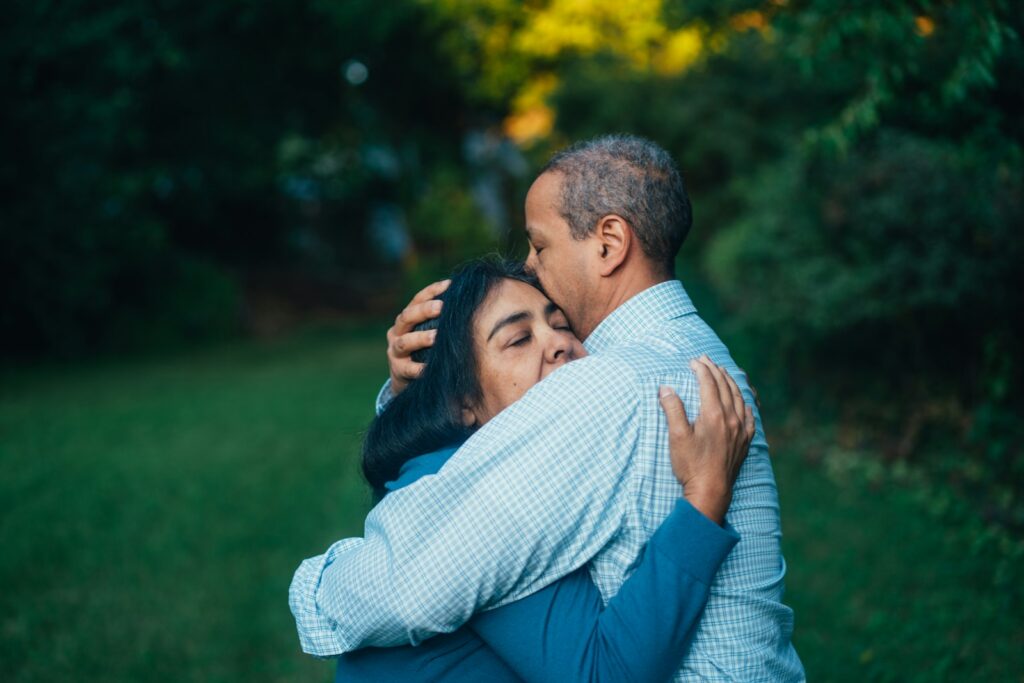
Couples knew that love was not perfect right away. They understood that it takes time for two people to grow together. Some individuals even spent years trying to figure out how to balance different personalities and habits. That patience made their love very steady, because they weren’t chasing constant excitement; they were building something real. Waiting for love to deepen instead of rushing it gave relationships a pretty solid chance to last.
Keeping Promises Seriously

A promise wasn’t something small—it carried very real weight. If someone said they’d do something, they made sure to keep their word. In love, that meant you could count on your partner, which built deep trust. When vows and commitments were taken seriously, it gave relationships a pretty strong foundation. People felt safe knowing that words weren’t empty but tied to real action.
Spending Real Face-to-Face Time

Without phones or screens, couples had more time just being together. Whether it was long walks, cooking dinner, or sitting on the porch talking, they were very present with each other. That kind of attention made it easier to understand moods, feelings, and unspoken needs. It gave love a pretty natural closeness that’s sometimes missing today when people are distracted by digital noise.
Understanding Love as Effort

People believed love was something you worked on every day. It wasn’t just about feelings but more about showing up, being kind to each other, and trying again even after fights. This idea made couples stronger because they didn’t give up when things weren’t easy. Seeing love as a daily effort kept it very alive and steady. It showed that lasting love is built, not just felt.
Writing Letters and Notes

Letters gave love a very personal touch. Writing down feelings took time and care, and the words usually carried deep meaning. Couples saved those letters and kept them as little treasures and reminders of how much they mattered to each other. Unlike quick texts, these letters were pretty timeless. They showed that love can live not only in moments but also on paper that you can return to years later.
Prioritizing Respect
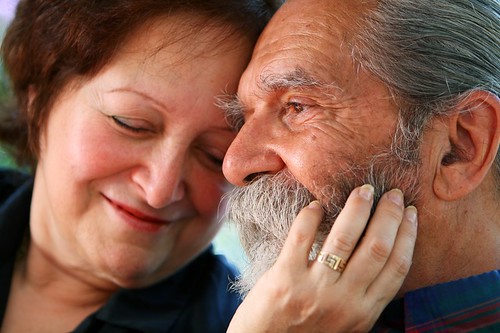
Respect was at the center of love. Even in disagreements, couples knew it was very important to treat each other kindly. Respect made both people feel valued and safe, and it kept love steady through rough times. It wasn’t only about passion or romance; it was about seeing your partner as someone you honor. That kind of foundation made relationships pretty unshakable.
Working Through Problems Privately

When issues came up, couples usually kept them between themselves. They didn’t share every fight with outsiders, which helped them solve problems without outside judgment. This way of handling things built trust because both people knew their struggles were safe in the relationship. It made love very strong, since they faced the hard stuff together instead of letting others get in the middle.
Building Love on Friendship

Many relationships started with simple friendship, and that made love grow pretty naturally. Couples already knew each other’s strengths, weaknesses, and special quirks before romance entered the picture. That friendship gave love a steady base and kept it from burning out too quickly. It showed that the best kind of love comes when you’re not only lovers but also very good friends who truly enjoy each other’s company.
Seeing Love as a Lifelong Journey
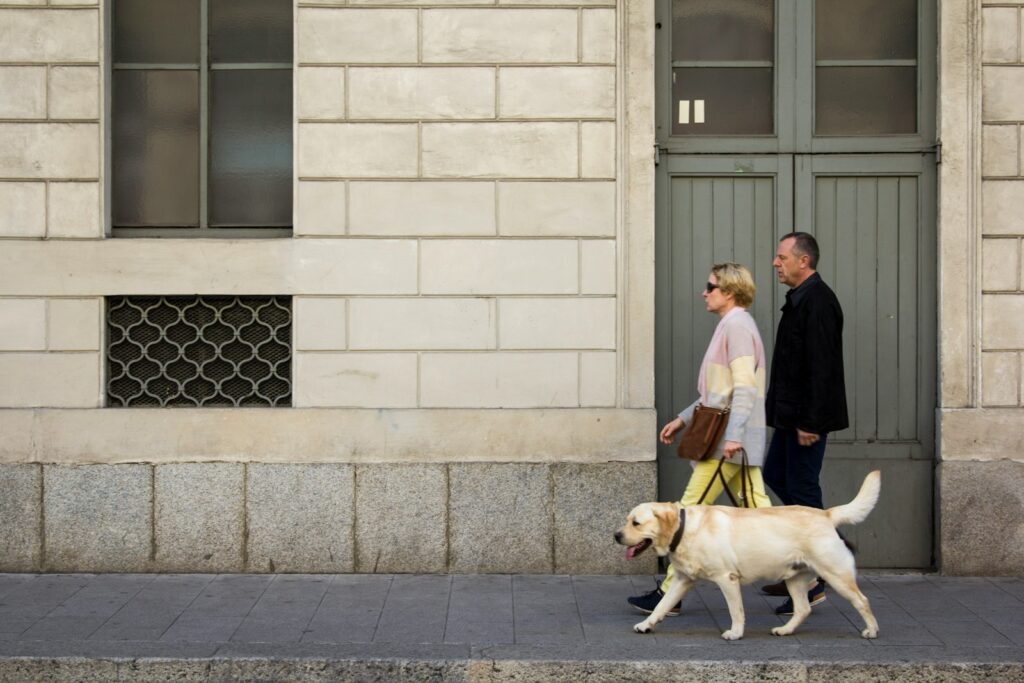
Love wasn’t treated like something temporary. It was seen as a lifelong choice. Couples entered marriage or long-term commitment with the idea of growing old together. That belief made them very determined to keep working at love, no matter what came along. Instead of chasing perfect moments, they built steady bonds that carried them through decades. It gave love a pretty deep sense of stability.

